Guest Author: Keri Molloy.
NZ approval of the World Health Organisation’s proposed amendments to International Health Regulations looks like a done deal.
It seems that NZ Ministry bureaucrats are prepped to bow down to WHO bureaucrats in Switzerland, while our politicians are idly standing by and letting it happen without a peep.
This is called ‘tacit acceptance’.
The amendments are to Article 59 of the International Health Regulations (IHR), with consequential amendments to Articles 55, 61 , 62 and 63.
WHO member states have until December 1 to ‘opt-out’. Those that do not are then automatically bound.
That’s us.
These amendments reduce the timeframe within which a further 307 significant amendments will come into force from the current 24 months down to 12 months.
A government paper released on October 19, on behalf of Minister of Health, Dr. Ayesha Verrall, recommends that New Zealand should be actively bound by what it describes as these ‘minor administrative amendments’.
The 307 other amendments are currently being negotiated by the Working Group on Amendments to the International Health Regulations (WGIHR), for approval at the World Health Assembly in May 2024.
New Zealand’s Ashley Bloomfield co-chairs this working group.
And, no, you probably won’t have much say about those either, before our delegates to the WHO give them the nod.
You will, however, see the WHO’s proposed WHO CA+ pandemic treaty go through Parliament scrutiny but by this time it will be too late. The 307 amendments will be well and truly approved and the WHO’s power grab will have succeeded.
According to the Ministry of Health, it is in all of our interests if the regulations are strengthened to further enhance countries’ early detection, assessment, responses to and reporting of potentially significant health events.
“By neither rejecting nor lodging reservations to the administrative amendments, New Zealand will signal support for enhancing internationally coordinated responses to declared public health threats.”
However, Te Aka Whai Ora (Maori Health Authority) has expressed concern that shorter time-frames for treaty action could mean future changes to the IHR might come into force without adequate recognition of the impact on Māori and without Māori consent or support.
New Zealand retains the option to opt-out of any future amendments, including where it is judged there has been inadequate time to consider domestic interests such as the principles of te Tiriti o Waitangi.
If consultation is required, the Ministry plans to begin talks prior to the conclusion of international negotiations.
The Ministry of Health says it would likely seek advice from Te Aka Whai Ora – Maori Health Authority, Te Puni Kokiri and MFAT.
The WHO’s track record
Keep in mind who we are dealing with.
The WHO, which is still fixated on COVID deaths, while it shows no interest in excess deaths occurring around the world. It fails to even acknowledge harms done by the mRNA vaccines that they pushed on the whole world population.
In the meantime, such concern about harm from the vaccines is that NZDSOS (New Zealand Doctors Speaking Out with Science) is now calling for a halt to the mRNA injections.
It has written an open letter to the Prime Minister, the Minister of Health, MedSAFE’s general manager, the director general of Health, the Police Commissioner, major party leaders, president of the Royal College of General Practitioners, the Human Rights Commissioner, the Ombudsman, the Chief Coroner, the chairman of the Medical Council of NZ, the chairman of the Dental Council of NZ and all members of parliament.
The letter reads:
“Our prior calls to your integrity, public duty, common sense and self-preservation have failed to stop both the continued hawking of dangerous genetic technologies onto our citizens, and the hiding of the resultant toll of deaths and severe injuries. Irrespective of any efficacy at all (only negative so far) these contaminated jabs contain a witch’s brew of known and unknown substances. There is enormous batch to batch variability with regard to incidence and types of adverse events as we have described previously. That they contain undisclosed ingredients ought to be enough to end this letter here, confident that action would follow. However, denial, wilful blindness or lazy deference to “government experts” continue to writ large in Wellington.”
Author John Leake puts it this way: “Epidemic of sudden and unexpected deaths matches epidemic of wilful blindness”.
On October 9, nine international experts discussed their knowledge on the topic of DNA contamination of the covid injections, and potential genomic interference or integration of the mRNA technology.
Participants were:
- Kevin McKernan, chief scientific officer at Medicinal Genomics and lead geneticist of the first team to discover the DNA contamination in the vaccine vials.
- Janci Lindsay has experience in toxicology, molecular biology and immunology. Dr Lindsay has researched the molecular pathways involved in reproductive harms, cancer, potential genomic integration and coagulopathies caused by the mRNA vaccines and their excipients.
- Alexandra Henrion-Caude, a Harvard-trained geneticist, specialising in RNA.
- Professor Sucharit Bhakdi, a specialist in microbiology and infectious disease epidemiology.
- Associate Professor Byram Bridle, viral immunologist and vaccinologist.
- Peter McCullough, US cardiologist and epidemiologist.
- Professor Brigitte König has a background in medical microbiology and infectious immunology.
- Jessica Rose has post-doctoral degrees in molecular biology and biochemistry, a PhD in computational biology and a Masters in Medicine (Immunology). She describes the discovery of DNA contamination in these pharmaceutical products as “one of the most important things that’s happened in our lifetimes“.
- Katie Ashby-Koppens, a lawyer with experience in civil litigation cases in New Zealand and Australia, Katie is legal head of Voices for Freedom.
- Mark Trozzi an Ontario doctor
- Christof Plothe Christof Plothe, osteopath.
Summary:
“There are many takeaways from this powerful collection of experts, but the overarching one is the presence of harmful contamination (which in the case of SV40 appears deliberate) that was not flagged in the applications made to vaccine regulators, including our own Medsafe. If ever there was an opportunity – as the proof of deaths and injuries gets harder and harder to deny – for them to say ‘we did not know’, surely this is it. Now they know.”
Information, supplied to Greg Rzesniowiecki under the Official Information Act, deals with a new Cabinet paper.
The paper released last week by the Ministry of Health seeks Cabinet’s agreement to ‘binding treaty action’ for what they call minor administrative amendments.
The amendments will reduce the timeframe within which any subsequent amendments to the IHR will come into effect from the current 24-months to 12 months.
As part of this change, they also reduce the period provided for WHO member states to decide whether or not to reject, or reserve against, any future amendments. This period, effectively for deciding on binding treaty action, is currently 18 months and will reduce to 10 months.
Acting Manager OIA Services Jan Torres confirms that the New Zealand government engages in several Working Groups.
- The Working group on strengthening WHO preparedness and response to health emergencies
- The Working Group on Sustainable Financing:
- The International Negotiating Body (INB) on the matter of developing of an international treaty on pandemic prevention, preparedness and response:
Cabinet is asked for approval for Aotearoa New Zealand to neither reject nor reserve against the administrative amendments to shorten entry into force for any future amendments from 24 months to 12 months.
The Cabinet Social Wellbeing Committee agreed in August that, given the process of tacit acceptance, public consultation and referral to a select committee for a national interest analysis were not warranted for these amendments.
For notes and references to this article, go to Keri Molloy’s Substack page.
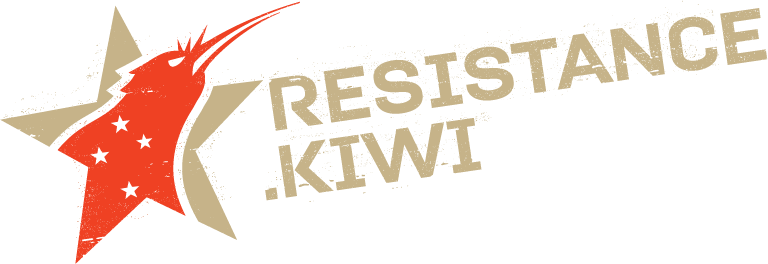
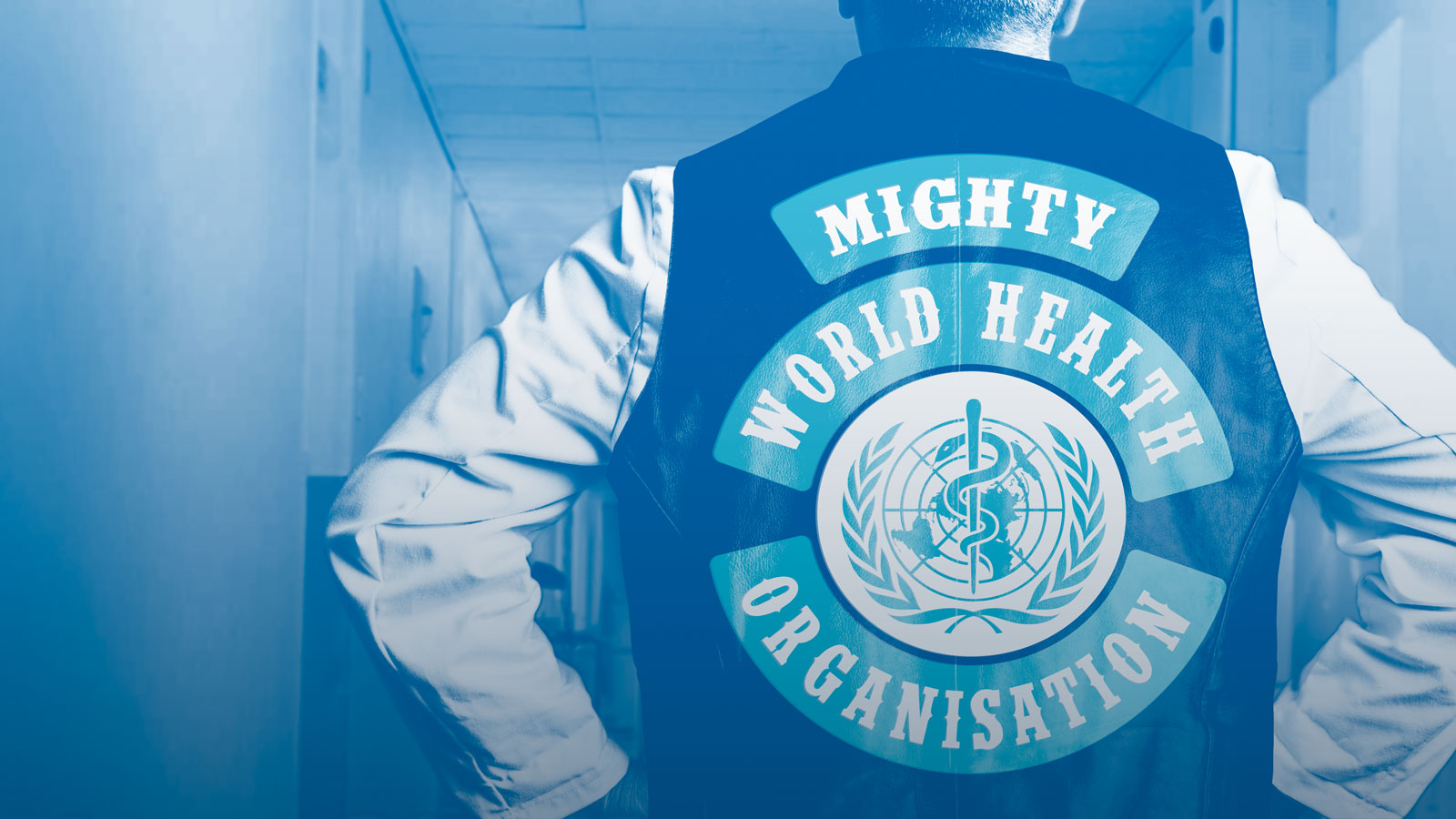

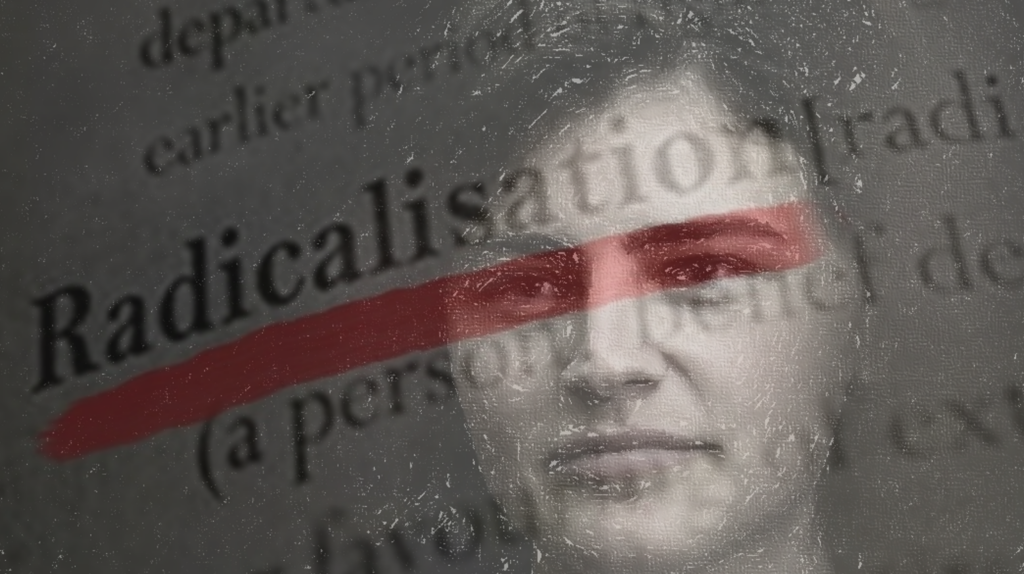
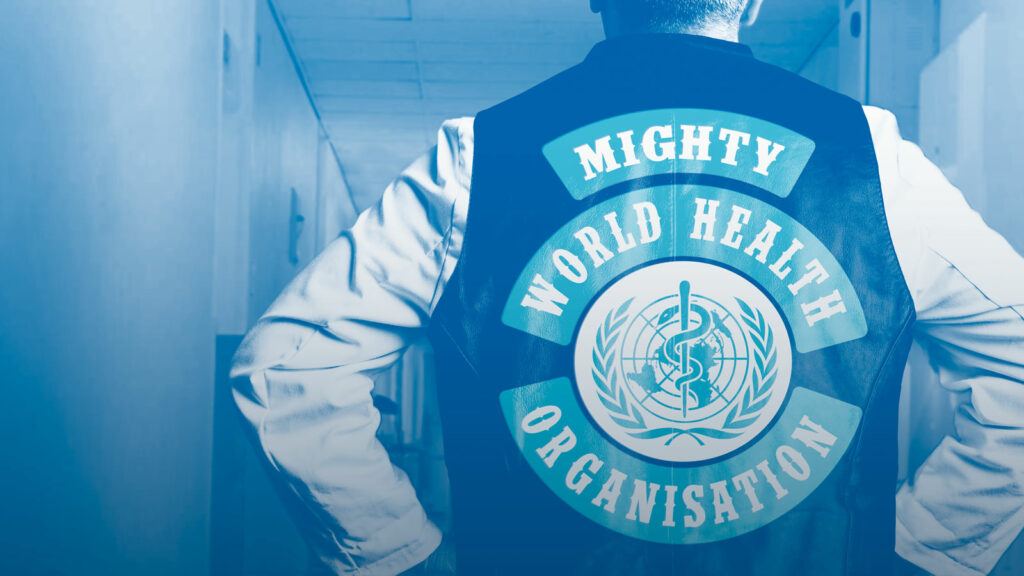
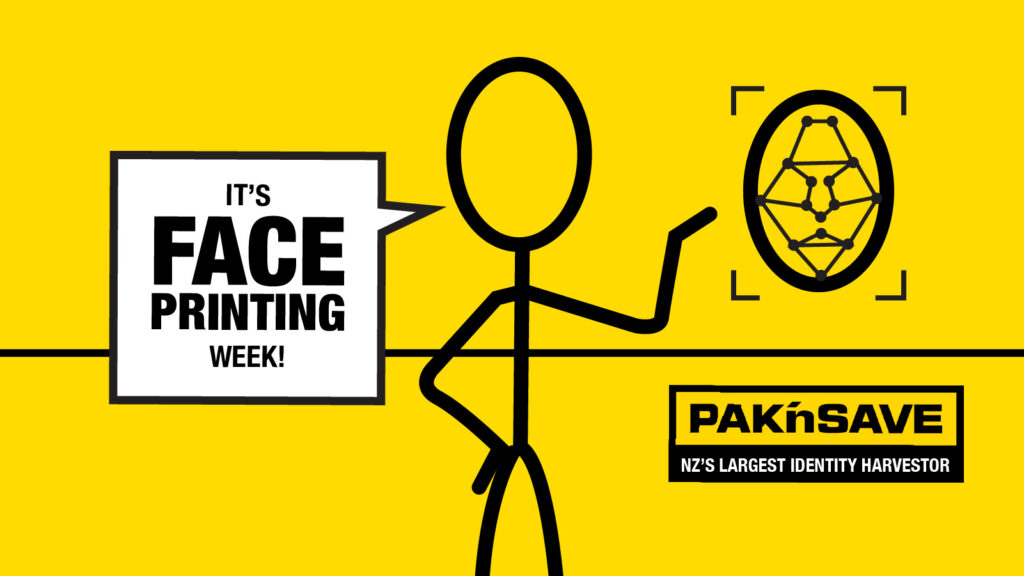
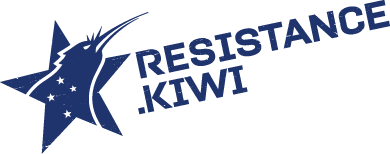
2 Responses
Please ensure New Zealand does not go ahead with the WHO proposed amendments.
The so called “minor amendments” that Ayesha Verrall comments on are in fact very major amendments. The WHO has crossed out every word shown in the original agreement paper as “non-binding” and means if NZ adopts the pandemic treaty amendments our country can be locked down in an instant and policed by a non sovereign entity. Our powers to resist will be taken away with the WHO in charge entirely of all countries signed to their charter. The WHO was once made up entirely of top medical people, however today they are appointed from various organisations with vested interests in big Pharma. They do not have people’s health interests at heart and seek to control and immerse countries in ongoing vaccination protocols with no right of refusal. Given the contaminations from the most recent mRNA mischiefs, how can any right thinking Kiwi allow such a con organisation to decide what happens in our little country. It would be frightening to think of the consequences if we were locked down by a non sovergein entity, merely because our people were not given a right to say yes or no. WHO officials are not trustworthy. Look up you tube informations from Dr John Campbell of the UK and Uk Memeber of Parliament Mr John Bridgeon to see what we’ll be up for should our Govt not stop our country being a part of this scam outfit. For Ayesha Verrall to comment that WHO amendments are “minor” amendments not requiring our attention is nothing short of irresponsible. Such people have no place in this country, whereby they delude the populace into thinking they have our best interests at heart. This woman knowingly deceives us in the interests of Big Pharma and the WHO’s power grab.